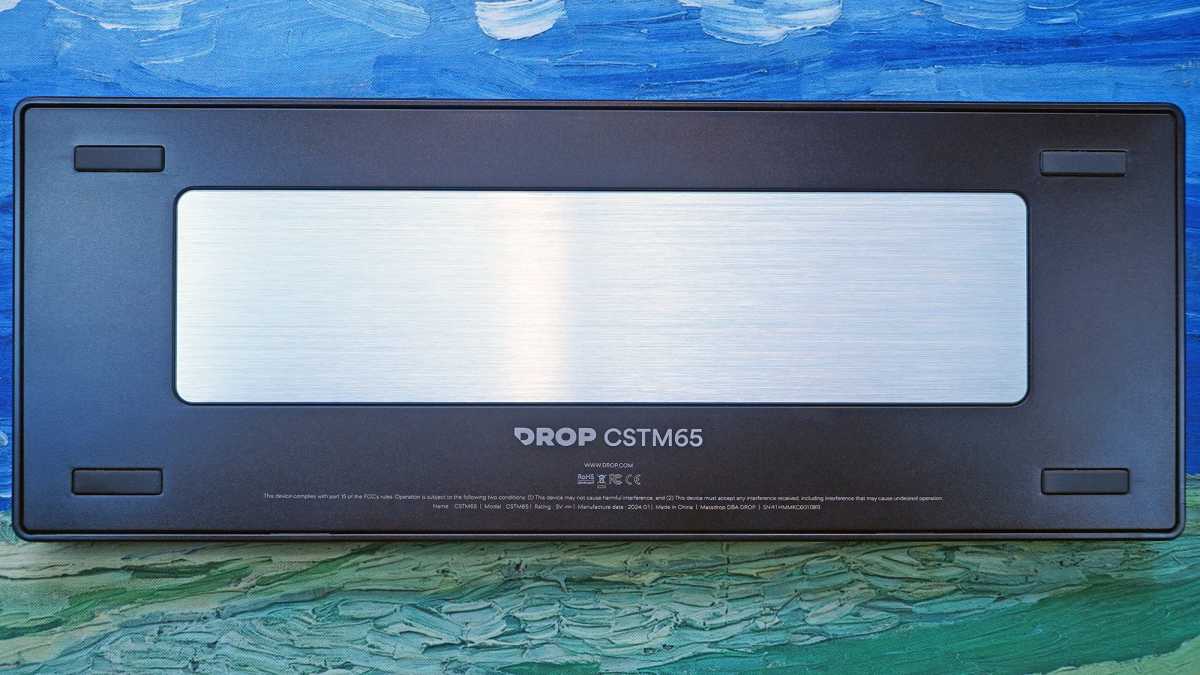Google has agreed to delete data that was collected from customers who used the Chrome browser’s Incognito mode, settling a class action lawsuit that started in 2020, reports The Wall Street Journal.
The lawsuit claimed that Google misled users about the data collected while in Incognito or private browsing mode, tracking their website usage without their knowledge. Google was keeping data that included websites viewed, but the Incognito tab did not make this clear.
Browsing in Incognito mode said that browsing was “private” and that people won’t see browsing activity, and while it was stated that websites could still collect data, the warning said nothing about Google’s data collection. Google updated the wording of Incognito mode in January 2024 to clarify that Google collects the same data in Incognito mode and standard browsing mode.
Google plans to destroy “billions of data points” that were improperly collected, in addition to updating the wording in Incognito mode and disabling third-party cookies by default when using the feature (Google plans to get rid of cookies entirely later this year). The settlement does not include damages for Chrome users, but individuals do have the option to file their own lawsuits.
A Google spokesperson told The Wall Street Journal that Google does not have an issue with deleting “old technical data” that was not associated with individuals or used for personalization. The agreement still needs final approval from the judge overseeing the case.
Google is wrapping up several smaller lawsuits as it faces off with the U.S. Department of Justice over its search and ad businesses. Google has been accused of making preferential deals that have harmed the search industry and of having too much control over advertising tools. The search battle has been ongoing since last September, while the ad lawsuit will proceed in September 2024.
Popular Stories
Apple to Launch New iPad Pro and iPad Air Models in May
Apple will introduce new iPad Pro and iPad Air models in early May, according to Bloomberg’s Mark Gurman. Gurman previously suggested the new iPads would come out in March, and then April, but the timeline has been pushed back once again. Subscribe to the MacRumors YouTube channel for more videos. Apple is working on updates to both the iPad Pro and iPad Air models. The iPad Pro models will…
Google Reveals When to Expect RCS Support on iPhone for Improved Texting With Android Users
In November, Apple announced that the iPhone would support the cross-platform messaging standard RCS (Rich Communication Services) in the Messages app starting “later” in 2024, and Google has now revealed a more narrow timeframe. In a since-deleted section of the revamped Google Messages web page, spotted by 9to5Google, Google said that Apple would be adopting RCS on the iPhone in the “fall…
Top Stories: WWDC 2024 Announced, New iPads Delayed, and More
Apple’s WWDC 2024 dates have been announced, giving us timing for the unveiling of the company’s next round of major operating system updates and likely some other announcements. This week also saw some disappointing news on the iPad front, with update timing for the iPad Pro and iPad Air pushed back from previous rumors. We did hear some new tidbits about what might be coming in iOS 18 and…
Criminals in Montreal Using AirTags to Steal Vehicles
Thieves in Montreal, Canada have been using Apple’s AirTags to facilitate vehicle theft, according to a report from Vermont news sites WCAX and NBC5 (via 9to5Mac). Police officers in Burlington, Vermont have issued a warning about AirTags for drivers who recently visited Canada. Two Burlington residents found Apple AirTags in their vehicles after returning from trips to Montreal, and these…
First iPhone 16 Cases Outline New Rear Vertical Camera Bump
Photos of the first iPhone 16 cases have been shared online, offering another preview of the rumored new vertical rear camera arrangement on the standard iPhone 16 and iPhone 16 Plus. Image credit: Accessory leaker Sonny Dickson Over the last few months, Apple has been experimenting with different camera bump designs for the standard iPhone 16 models, all of which have featured a vertical …
$3 App Shoots Better Quality Spatial Video Than iPhone’s Camera App
A $3 third-party app can now record spatial video on iPhone 15 Pro models in a higher resolution than Apple’s very own Camera app. Thanks to an update first spotted by UploadVR, Spatialify can now record spatial videos with HDR in 1080p at 60fps or in 4K at 30fps. In comparison, Apple’s native Camera app is limited to recording spatial video in 1080p at 30fps. Shortly after Apple’s Vision …






